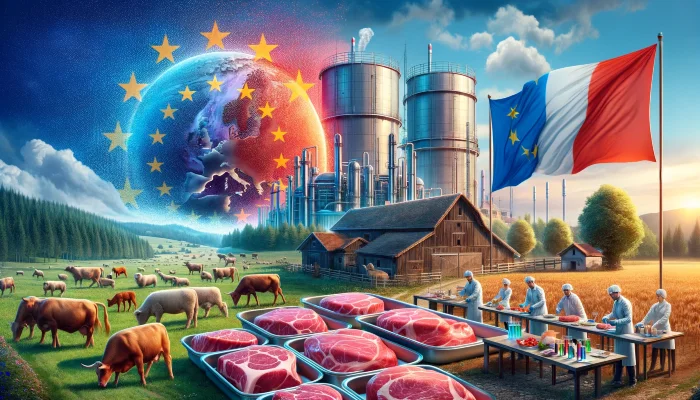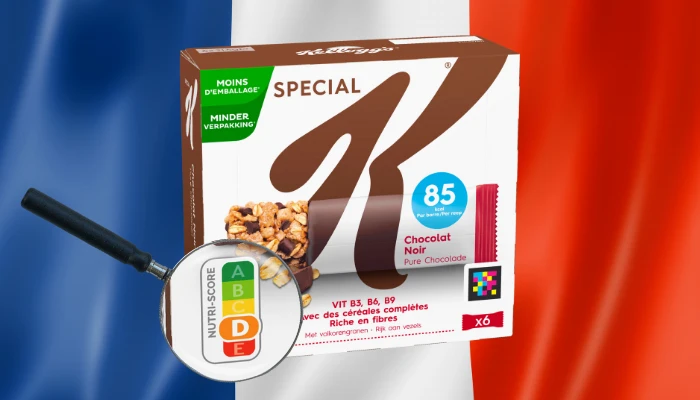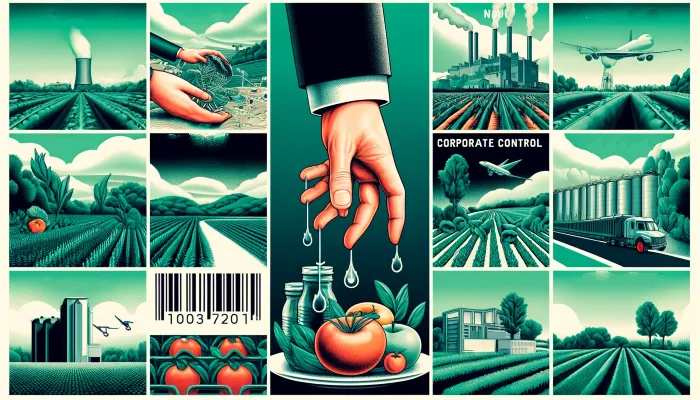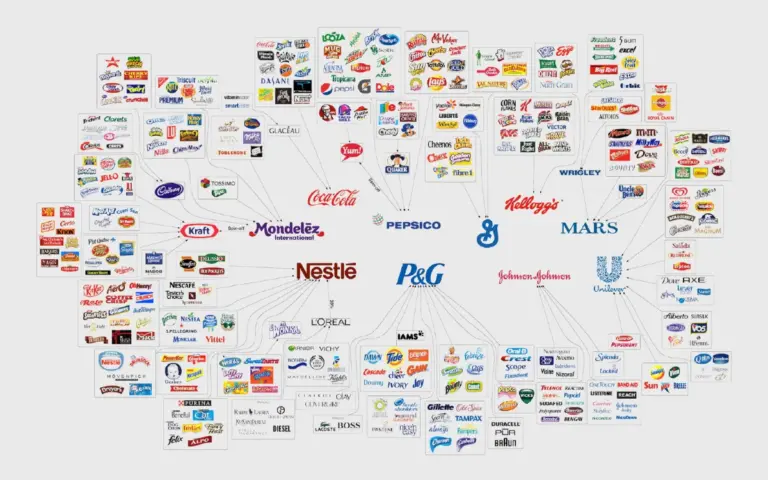In the heart of Europe, a culinary and ethical debate is brewing, one that could shape the future of food as we know it. The crux of the matter? Lab-grown meat, a scientific advancement that’s stirring up a storm across the continent. It’s not just about what’s on the plate; it’s a clash of tradition, innovation, and the very definition of food.
The European Resistance: Tradition vs. Technology
At the forefront of this debate are Austria, France, and Italy, leading a coalition of twelve EU nations in a formidable stand against lab-grown meat. These countries, steeped in rich culinary heritages, argue that this new-age meat challenges the essence of “genuine food production methods.” This isn’t just a fringe opinion; it’s a sentiment echoed across the corridors of European diplomacy. A diplomatic source candidly expressed to Euractiv that considering lab-grown meat a threat is “exaggerated and premature.”
Ethical and Societal Implications: More Than Just Food
Lab-grown meat, according to the memo circulated among the EU’s Council of Ministers, isn’t just a culinary oddity; it’s a Pandora’s box of ethical, economic, social, and public health concerns.
The document, set to be a key talking point in the upcoming EU agriculture ministers’ meeting, insists that these “cell-based food production practices” undermine the traditional European farming model—a model that’s much more than a method of food production; it’s a cultural cornerstone.
The Innovation Dilemma: A Rift in the Council
This hardline stance could potentially open a rift within the Council of European Union. Some diplomats view the move as a knee-jerk reaction that stifles the very innovation needed for sustainability. Europe’s meat market is yet to see cell-based products, with their entry contingent on the European Food Safety Authority’s (EFSA) approval under the Novel Food Regulation. Yet, these twelve nations aren’t calling for a rule change but stress the importance of considering these multifaceted issues before making any market authorization decisions.
Italy Leads the Charge With The Loudest Opposition To Lab-Grown Meat
Italy, with its rich gastronomic history, has been particularly vocal, even pushing for a national ban on the sale of cellular agriculture products. This move, currently under EU scrutiny for potentially breaching single market rules, highlights the tension between national identity and market unity.
The Dutch Perspective: Pioneering Cell-Meat Production
More To Discover
- Suing for Survival: Legal Battle to Prevent the Great Salt Lake from Turning to Toxic Dust
- Carnegie Mellon Study Proves Grocery Delivery Is Less Sustainable than In-Store Shopping
- Transparency Gap: Companies Fail to Report Impact of Environmental Initiatives
- The Billion-Dollar Trust Issue: When the Price of Scientific Publishing Eclipses the Value of Knowledge
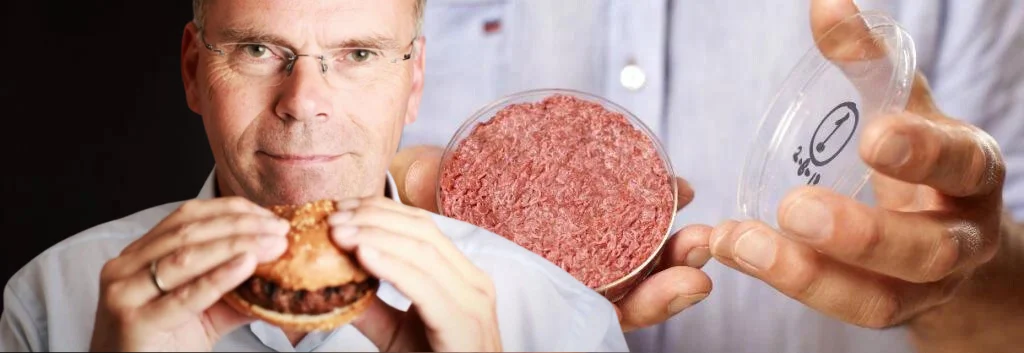
Contrasting Italy’s stance is the Netherlands, a nation that’s championing the cause of lab-grown meat. The Dutch narrative is woven around Maastricht University Professor Mark Post, who in 2013 introduced the world to the first lab-created hamburger. Building on this innovation, the EU even granted €2 million in 2021 to the Dutch ‘Feed for Meat’ project, a collaboration between Nutreco and Mosa Meat, a start-up emerging from Professor Post’s groundbreaking work.
Conclusion: A Culinary Crossroads
Europe stands at a culinary crossroads, balancing tradition with innovation. This debate over lab-grown meat isn’t just about food; it’s a metaphor for the broader challenges faced by a continent grappling with the pace of technological change and the preservation of its cultural heritage.







